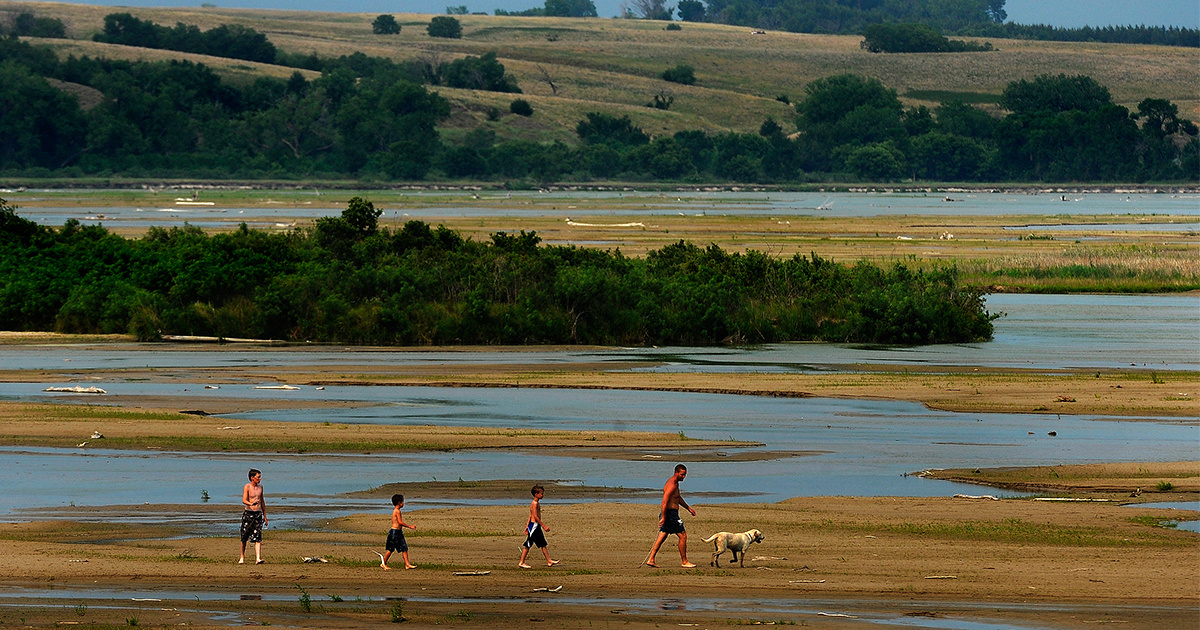

TransCanada‘s long-gestating Keystone XL (KXL) tar sands pipeline was dealt another setback after a federal judge in Montana ruled Wednesday that the Trump State Department must conduct a robust environmental review of the alternative pipeline route through Nebraska.
U.S. District Court Judge Brian Morris sided with environmentalists, landowners and tribal plaintiffs in their challenge to the Trump administration. Pipeline opponents
argued that the State Department’s approval of the KXL was based on an outdated Environmental Impact Statement from 2014 of the original route, and accused the administration of trying to short-cut the permitting process.
Morris ordered the State Department to conduct a thorough Environmental Impact Statement for the “Mainline Alternative” route, approved by Nebraska officials
in November, to supplement the 2014 review.
In his decision, Morris said the State Department has the “obligation to analyze new information relevant to the environmental impacts of its decision,” according to Courthouse News Service.
If built, the $8 billion 1,180-mile pipeline will transport heavy crude from Alberta’s tar sands to U.S. Gulf Coast refineries. The controversial project has been at the center of an environmental fight for a decade. President Obama rejected the KXL in 2015 partly due to concerns about its contribution to climate change, but President Trump reversed the decision shortly after taking office.
Plaintiffs in the case celebrated the decision.
“This decision rejects the Trump administration’s shameful attempt to ram through Keystone XL without bothering to take a hard look at its effect on wildlife and the environment,” said Jared Margolis, senior attorney with the
Center for Biological Diversity, in a statement. “It’s always been painfully obvious what a disaster this pipeline will be—not just for our climate and local communities but for endangered species like the whooping crane. There’s just no excuse for approving this terrible project.”
Joye Braun, of the Wakpa Waste Camp at the Cheyenne River Sioux Reservation in South Dakota, said in a
statement: “This is a huge step to once again shut down this zombie pipeline that threatens water, our homelands, and our treaty territory. No route is acceptable for Keystone XL, and I believe a full environmental review of this alternative route will highlight the extraordinary risks this pipeline poses to us all—including highly sensitive ecological and cultural sites. This is a step in the right direction to protect our treaty territory, our Indigenous rights, and our people.”
In November, the Nebraska Public Service Commission rejected TransCanada’s preferred route for the pipeline through the state. Instead, they voted for an alternative route that will cost the company millions of dollars more than the original path, Reuters reported.
#Trump State Dept. Attempts 'Shortcut' to Build KXL #Pipeline, Groups Say https://t.co/HovbZWojQb @keystonexI @NoTarSands #KeystoneXL
— EcoWatch (@EcoWatch) July 31, 2018

 233k
233k  41k
41k  Subscribe
Subscribe 